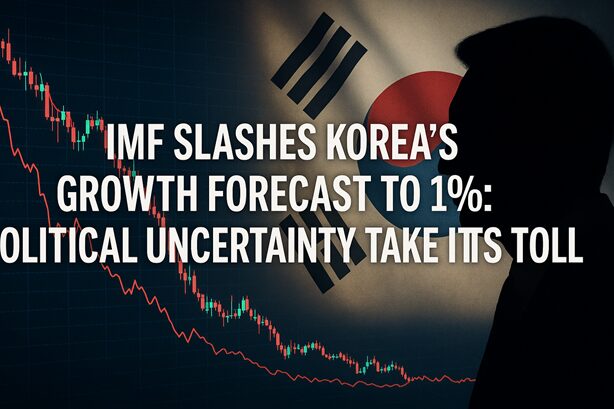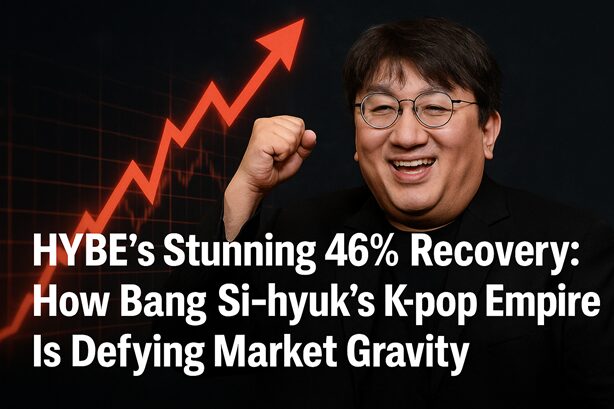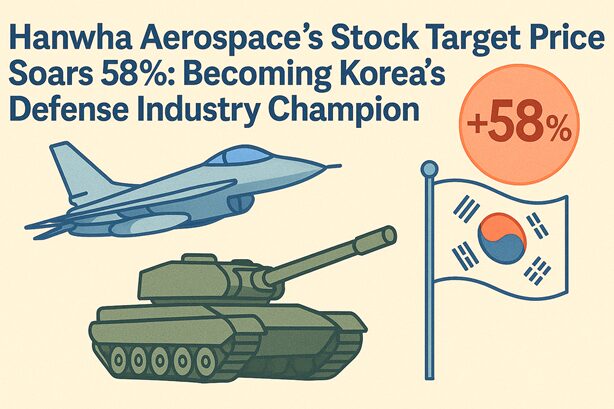IMF Slashes Korea’s Growth Forecast to 1%: Political Uncertainty Takes Its Toll
South Korea’s economic outlook has darkened significantly as the International Monetary Fund (IMF) dramatically cut its growth projections for the country. In a sobering announcement on April 24, 2025, the global financial institution reduced Korea’s expected growth rate to just 1% for the current year—a full percentage point below previous estimates. This substantial downgrade reflects mounting concerns about political instability and the ripple effects of recent tariff measures that threaten to undermine what was once considered one of Asia’s most resilient economies.
Political Turmoil Weighs on Economic Prospects
Korea’s political uncertainty has emerged as a major downside risk factor, with immediate implications for economic performance.
- Rahul Anand, head of the IMF’s Korea mission team, explicitly cited political factors as a key reason for the downward revision
- The IMF acknowledged that they “had not fully reflected the impact of political uncertainty on the macroeconomy in the short term”
- Domestic political developments since late last year have created an environment of instability that is dampening economic confidence
Tariff Measures Amplify Economic Headwinds
The global trade landscape has become increasingly challenging for export-dependent Korea.
- Recent tariff measures are expected to have prolonged negative impacts on the Korean economy extending into 2026
- The IMF specifically highlighted these trade restrictions as contributing to their pessimistic outlook
- As an export-oriented economy where trade accounts for a significant portion of GDP, Korea is particularly vulnerable to global trade disruptions
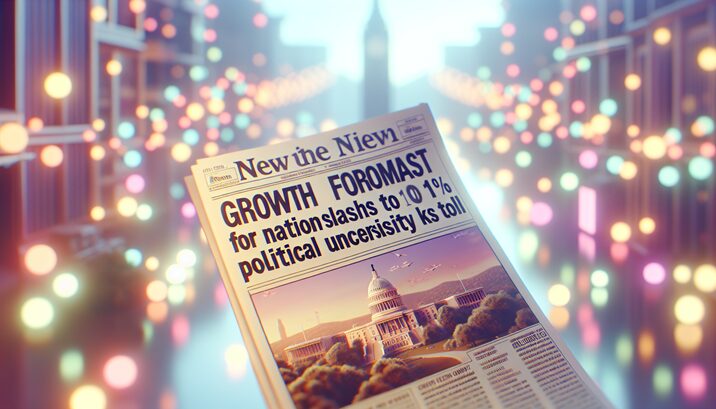
Multi-Year Economic Slowdown Projected
The economic challenges facing Korea aren’t expected to resolve quickly, with continued subpar growth forecast into next year.
- The IMF also lowered Korea’s 2026 growth projection to just 1.4%, down from the previous forecast of 2.1%
- This suggests a multi-year period of sluggish economic performance rather than a temporary dip
- The forecasted growth rates fall significantly below Korea’s pre-pandemic economic performance, indicating a concerning structural slowdown
Dual Impact on Investment and Consumption
Rising uncertainty threatens to trigger a vicious cycle in domestic economic activity.
- According to the IMF, heightened uncertainty will likely dampen both consumer spending and business investment simultaneously
- Postponed consumption decisions by households and delayed capital expenditures by corporations could create a mutually reinforcing downward spiral
- The resulting weakness in domestic demand would compound external pressure from trade restrictions
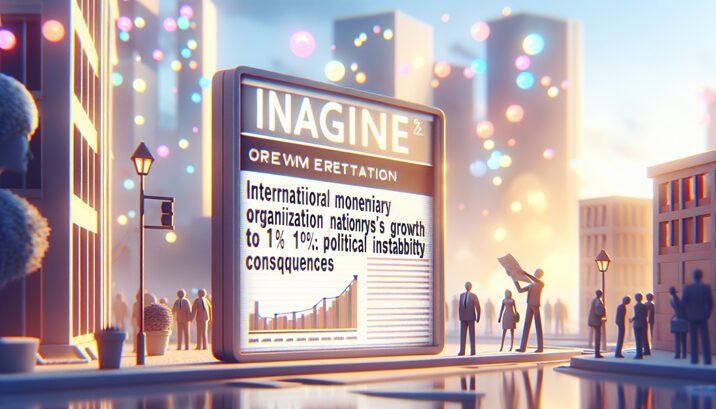
The IMF’s dramatic downgrade of Korea’s growth prospects sounds a clear warning bell for policymakers, businesses, and investors. As political uncertainties persist and global trade tensions remain elevated, Korea faces the challenging task of navigating what appears to be its most significant economic headwind in recent years. The question now is whether Korean authorities can implement effective countermeasures to avoid the economic stagnation that the IMF now forecasts.
Keywords
IMF Korea forecast, political uncertainty, economic growth, tariff impact, growth downgrade
Hashtags
#KoreanEconomy #IMFforecast #EconomicSlowdown #PoliticalRisk #GlobalTrade
한국어 요약
- IMF, 한국 경제성장률 전망을 기존 대비 1%p 하향한 1%로 대폭 하향 조정
- 라훌 아난드 IMF 한국 미션팀장은 정치적 불확실성과 관세 조치를 주요 원인으로 지목
- 2026년 성장률도 2.1%에서 1.4%로 하향 조정되어 장기적 경기 둔화 우려 증가
- 불확실성 증가로 인한 소비와 투자 모두에 부정적 영향이 예상되며, 정책적 대응 필요성 강조
